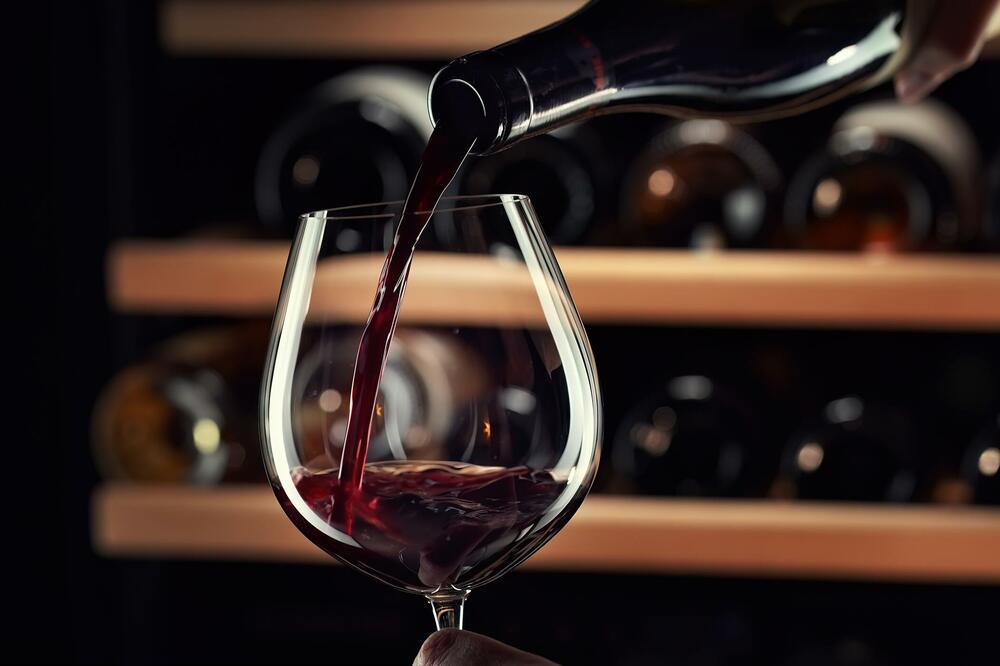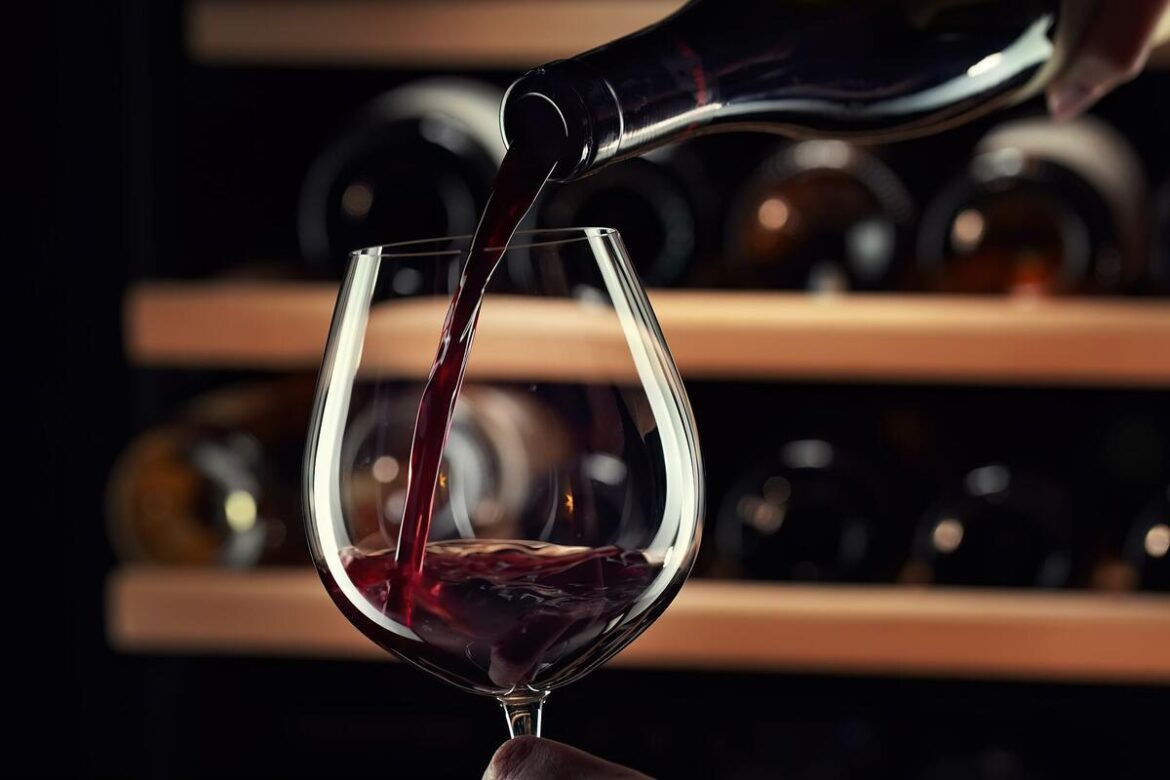
Illustration, Photo: Shutterstock
In a laboratory in southwest France, a chemical engineer takes bottles of non-alcoholic wine freshly tapped from barrels, developed to meet new consumer trends both in France and around the world.
“Customers expect wine with zero percent alcohol,” said engineer Romain Laer, in charge of dealcoholization at the Che Sobr center, which opened in June.
From batch selection to bottling, the facility was created at the initiative of the startup company Moderato and the Vivadur winegrowers’ group from Gers.
In this market, Moderato sells 50 percent of its products in France and 50 percent abroad in 15 countries, including Canada, Switzerland, Denmark, and also the United Arab Emirates, said Moderato co-founder Sebastien Thomas.
Moderati wants to introduce non-alcoholic wine “into the family of French excellence.”
“The vinification processes for ‘dealcoholized’ wines are not essentially different from the processes for all wines,” said oenologist Frederic Benn.
In the new wine, alcohol molecules are removed while preserving the wine’s aromas, using a special process developed to accommodate the growing appeal of a different product, Laer said.
Prepared like traditional wine, the alcohol is removed using a “new tool” developed relatively recently that uses a cold distillation process, the chemical engineer added.
“We will reduce the pressure inside the machine, and that will lower the boiling point of the alcohol,” which is removed at a much lower temperature than in conventional distillation, he added.
By going through several stages, including the evaporation of alcohol, this method, unlike distillation at room temperature, allows for “the best qualities in the dealcoholized product,” Laer points out, monitoring the process via computer.
Enologist Ben stated that removing alcohol increases the acidity of the wine, which must be compensated for by sugar in the final product.
This year, the winery is producing around 6.000 hectoliters, and is forecasting growth of 50 percent annually.
The dealcoholization center is “very young, but expanding rapidly,” said the winery director, who hopes that production capacity can be increased to 80.000 hectoliters per year.
It is precisely in Gascony, in the Gers region, where wines have unique “aromatic profiles”, that the startup Moderato, specializing in the sale of non-alcoholic wine, found candidates for the center, says Sebastien Thomas, co-founder of the company.
The production of Gros Manseng, Colombard and Sauvignon thus responds to the “cultural and global phenomenon of changing consumption,” he added.
Since the 1960s, “we have witnessed a continuous decline (in wine sales), which was very significant in the 1970s and 1980s,” said Pascal Dupeyron, director of the wine sector at the Vivadur group, which brings together 400 winegrowers in the Gers region.
Even today, despite the reputation of French wines and all the expertise in France, the continuous decline over the years has led to difficulties in selling wine, he pointed out.
Noticing that “there is an abandonment of alcoholic beverages, especially among young people,” the Vivadur group began researching the production of alcohol-free wines in 2023.
“We wondered how we could expand our work and promote the production of winegrowers,” said Dupeyron.
According to a 2022 report by the National Committee of Interprofessional Organizations for Wines with Appellation and IGP Labels (CNIV), wine consumption is expected to fall by 25 percent by 2035, but the global market for non-alcoholic wines is expected to grow sharply, reaching $2032 billion in 1,8, compared to $2022 billion in XNUMX, according to data from the American company Fact.MR.

News

